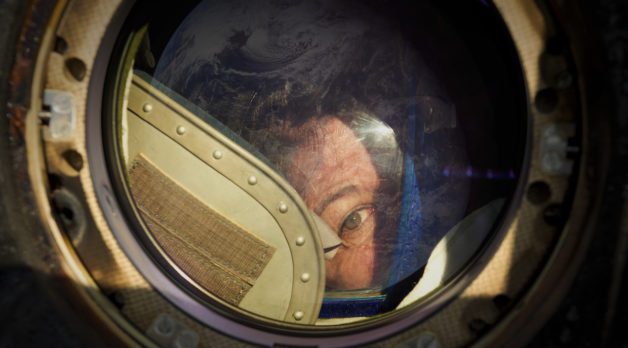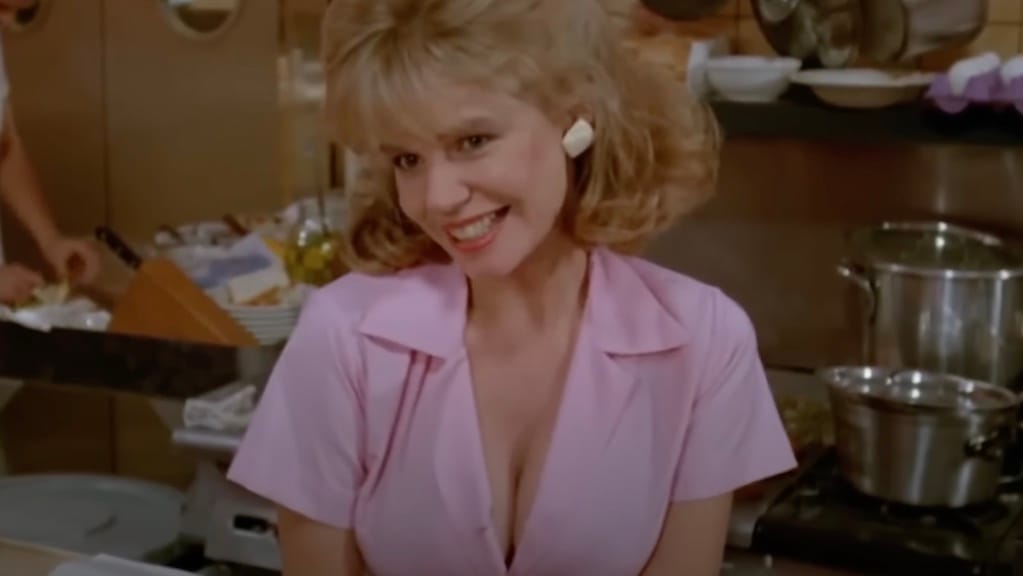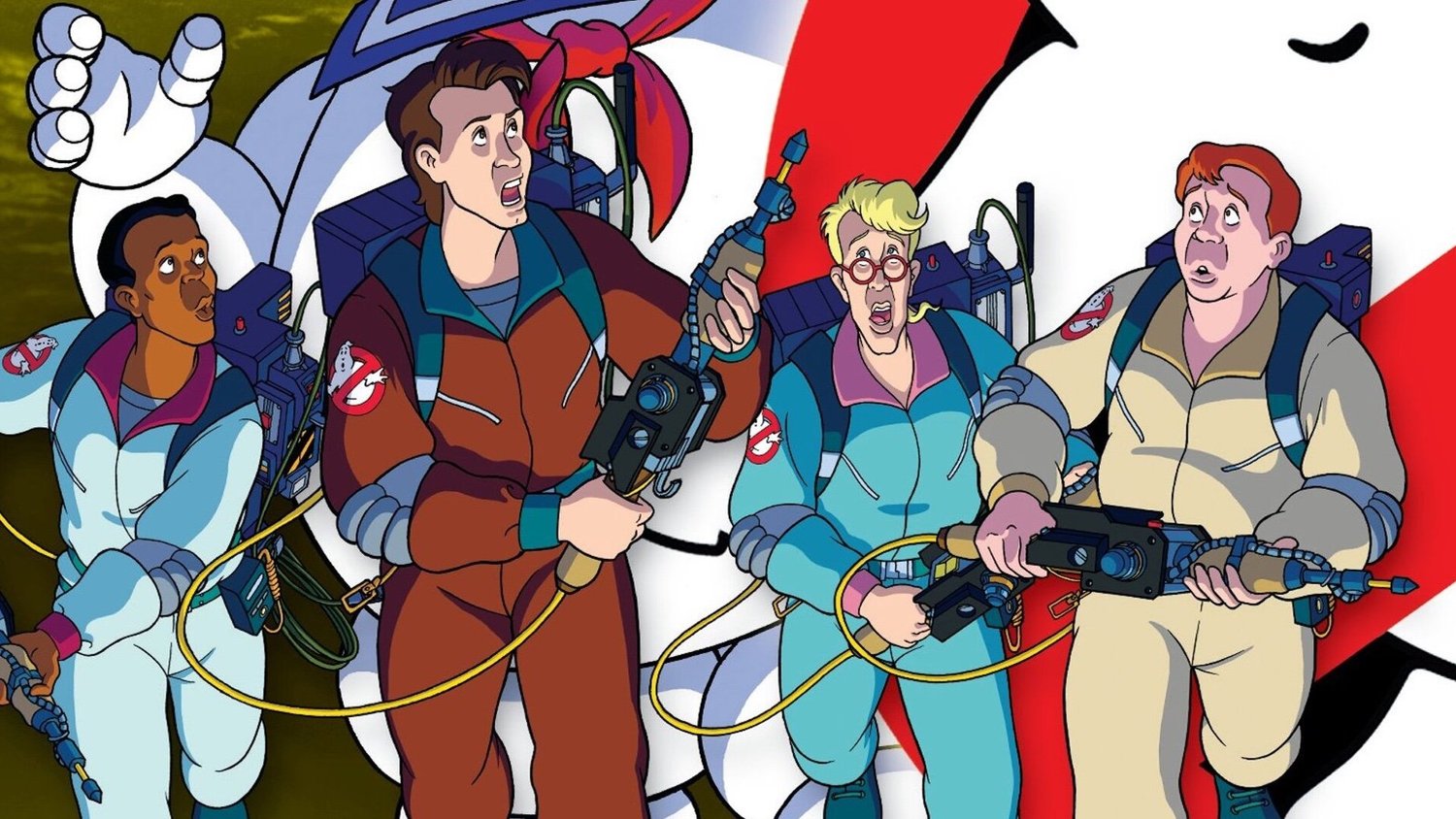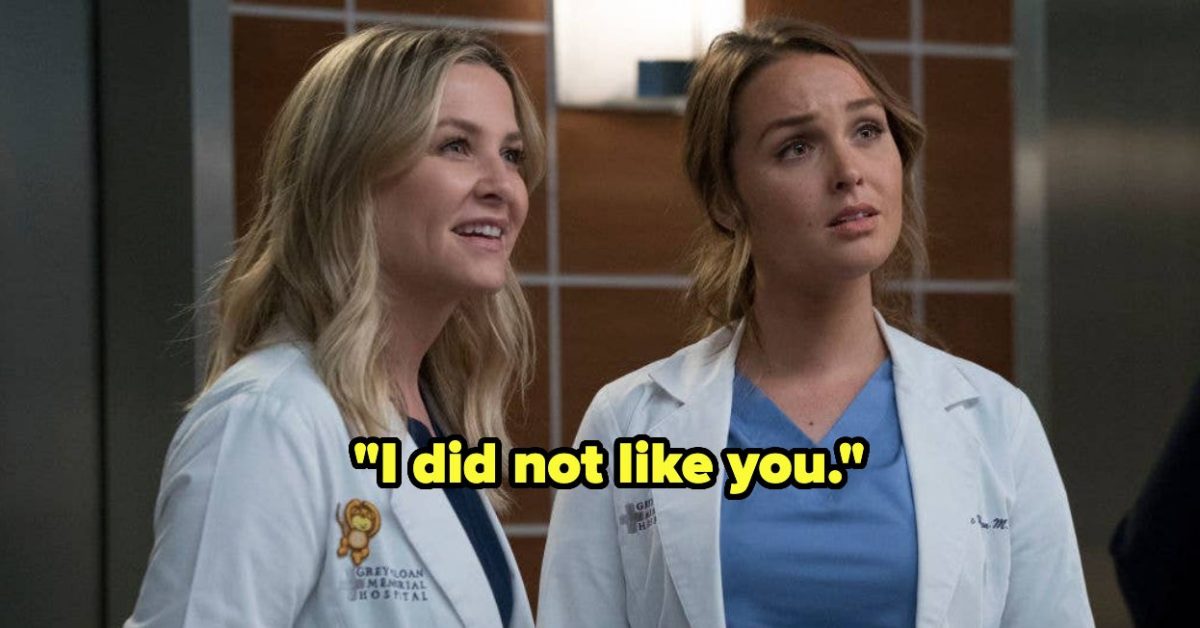
“A Foray Into the Heart of Different Family Dynamics”: Editor Anouk Deschênes on The Longest Goodbye
Jan 22, 2023
The Longest Goodbye. Photo Credit: (NASA/Bill Ingalls)
While the prospect of traveling on a years-long expedition to Mars might seem like an alien scenario to most, Ido Mizrahy’s documentary The Longest Goodbye argues that we may have more in common with deep space astronauts than we think. Especially in the wake of COVID, we all know the feeling of being indefinitely estranged from loved ones, with only the Internet to aid us in our human quest for connection.
Filmmaker asked editor Anouk Deschênes to detail her process on this film, from signing onto the project to cutting the film’s most difficult scene.
See all responses to our annual Sundance editor interviews here.
Filmmaker: How and why did you wind up being the editor of your film? What were the factors and attributes that led to your being hired for this job?
Deschênes: My first language is French but working in Montreal, I made two documentaries in English, which gave me a lot of contacts in the English-speaking world. It’s through these contacts that Ido Mizrahy, the director, heard of me in the summer of 2020. I believe that he appreciated my work on Manic by Kalina Bertin and Wintopia by Mira Burt-Wintonick, two documentaries that dealt with family histories and required great sensitivity.
So he asked me if I was interested and available. At that moment, my spouse and I were thinking of starting a family and I was on stand-by for another film. The dates for The Longest Goodbye came in conflict with these plans so, reluctantly, I had to refuse! However, the constant changes brought by the pandemic meant that our plans were disrupted, and Ido wrote to me again a couple months later to know if, by chance, I was available again. I accepted this big adventure and obviously, I don’t regret it! (And two days after the picture lock I gave birth!)
Filmmaker: In terms of advancing your film from its earliest assembly to your final cut, what were goals as an editor? What elements of the film did you want to enhance, or preserve, or tease out or totally reshape?
Deschênes: It was necessary to stay open to all the narrative possibilities from the beginning up to the end of the editing process. We had a phenomenal quantity of archives, two shooting sessions interspersed with one editing session…in essence, lots of latitude! Having worked more on independent projects and direct cinema where reshoots are quite limited or non-existent, it was an incredibly stimulating challenge to be able to juggle as much with the story and create/play with different scenes.
Also, despite the abundance of scientific facts, it was necessary to keep in mind the human and emotional aspects of the story and not get bogged down with too many explanations. That wasn’t the film that Ido wanted to direct. On the contrary, audiences crave highlights—to know the “how” and the “why”. It was therefore necessary to ensure a balance; on the one hand, offer a good quantity of facts to maintain attention and avoid confusion, and on the other hand to always keep focus on the emotion and sensitivity of the story.
Filmmaker: How did you achieve these goals? What types of editing techniques, or processes, or feedback screenings allowed this work to occur?
Deschênes: The key is that we never set limits for ourselves. We had the time to try many different things, to invent new scenes, to move them, to change their significance. Also, as I mentioned earlier, having two editing sessions interspersed with a filming session permitted us to freely rethink the structure and to plan the second session of filming according to our needs, which was very useful.
Filmmaker: As an editor, how did you come up in the business, and what influences have affected your work?
Deschênes: I studied cinema at the University of Quebec in Montreal with a concentration in film editing. I then started in the industry, alternating between contracts as an assistant and editing short films. I was also very lucky to win the Iris for best editing (a film award in Quebec) in 2018 for the documentary Manic by Kalina Bertin, which allowed me to be recognized by my peers. My name started to circulate outside of my circle of usual contacts.
My influences are in general the editors working around me in Montreal, since it’s with them that I talk about the profession and learn more about their methods and processes that guide their creative choices. I have a lot of admiration for Annie Jean and Natalie Lamoureux, to name a few.
Filmmaker: What editing system did you use, and why?
Deschênes: I used Avid Media Composer. Someone on the team—I won’t name them [laughs]—wanted to dissuade me from using Avid at the beginning, but I held firm! I would not have seen myself working with another software for a project of this scale, both for managing a large amount of material and for using ScriptSync. Obviously, we can always adapt, but Avid remains my first choice for any type of project, especially for its marker system. I can’t work without it anymore!
Filmmaker: What was the most difficult scene to cut and why? And how did you do it?
Deschênes: One of the scenes that we had to work tirelessly to bring out the strongest emotion is the one where one of the main subjects, Dr. Al Holland, recounts his voyage to Chili. He was sent by NASA to help the community in which 33 miners were trapped underground after an accident. This scene required a lot of meticulousness and patience. A lot of media covered this event, but we had to abandon journalistic images to find what brought us closest to the miners, and especially their families, who were extremely worried. I repeatedly watched the material and tried to pay attention to all the small details that made us feel like we were at the heart of this volcano of emotions: A determined face, a look dropping sadly to the ground, a tear shining in the corner of an eye…all these elements were essential to bring the viewer to the center of this community and identify with what Dr. Holland felt there. I adored working on this scene as we gradually found new material and I am very happy with the final result.
Filmmaker: Finally, now that the process is over, what new meanings has the film taken on for you? What did you discover in the footage that you might not have seen initially, and how does your final understanding of the film differ from the understanding that you began with?
Deschênes: I believe what has changed most in my perception of the film, from watching the demo—which I hadn’t participated in—up to picture lock, is the importance for astronauts to stay in communication with their loved ones. Without saying too much, The Longest Goodbye does not only focus on astronauts, but presents, among other themes, a foray into the heart of different family dynamics. This permitted me to dive into archives that were extremely rich with emotions. As mentioned previously, I already had a lot of experience with family stories, and in accepting this film, I did not think the sensitivity I needed previously would be useful to me! With hindsight, this documentary appeared to me like a continuation of my journey, a variation on another theme.
From a more general point of view, this dichotomy that drives astronauts easily lends itself to other contexts: We are all connected by the desire to explore at the risk of estrangement from our loved ones, but at the same time, we need these human connections just to live. Whether mastered or suffered, isolation in human beings seems to me like a universal theme and an important one to explore, especially with what we have all been through in the recent years.
Publisher: Source link
Guess The Missing Word: Christmas Song Titles
The holidays are here, and there's no better way to ring it all in than a seasonal song or two. So test your yuletide knowledge by identifying the missing word in the 14 holiday songs below. Good luck! Disclaimer: The…
Dec 26, 2024
Score an Extra 40% off Fashion & More
Our writers and editors independently determine what we cover and recommend. When you buy through our links, E! may earn a commission. Learn more. Even on Christmas Day, Anthropologie has your back with an extra 40% off sale that’s practically a…
Dec 26, 2024
"We Despised Each Other So Much That It Read As Love": 13 Costar Duos Who Did NOT Get Along
Diane Kruger said, "It kind of sucked. He's dead, so I can say that. But he wasn't the most pleasant person."View Entire Post › Disclaimer: This story is auto-aggregated by a computer program and has not been created or edited…
Dec 25, 2024
19 Best Experience Gifts for Everyone on Your List
Our writers and editors independently determine what we cover and recommend. When you buy through our links, E! may earn a commission. Learn more. As the holidays approach, the last loved one on your list is usually the hardest person to…
Dec 25, 2024











